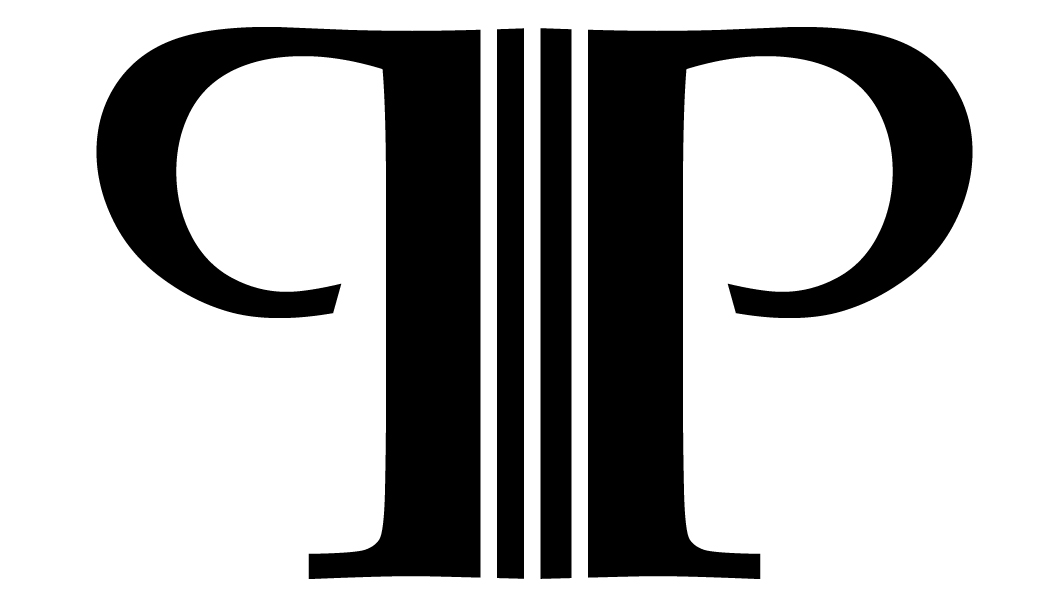Spring has sprung. I can say that with assurance, not because I have tulips and daffodils opening in my garden, not because the mud has (finally) dried up and not because the evening sky is that beautiful pale blue with streaks of ivory as the first stars appear, and not because, after weeks of watching the leaves sit quietly tucked in on themselves waiting like the rest of us for a strong sun followed by a good spring rain, they have thrown caution to the north wind and truly unfurled. Even that is not sign enough of spring for me….I’m waiting...waiting for the black flies. I know it is spring when they appear in clusters as I walk the dogs up the road. I don’t need the leash for my dogs but rather as a swatting tool. My ego embarrasses me by not letting me put on one of the head nets that I gave both Paul and Josh, I’m then embarrassed by my embarrassment. There seems to be one day that acts as “hatch-day.” Tuesday, no black flies, Wednesday, all in. No need for any extra sources of protein when you swallow multiple black flies daily.
For us, other rites of spring are orchestra auditions and our student recital. Although very separate endeavors, preparation for both brings forth one common emotion; fear.
They say that you can smell fear, taste fear and we know that we can see fear, but musicians can also hear fear. The moment I mention the “R” word it begins. Everyone in the studio chooses a piece of music months in advance and begins preparing for recital. This season I have a few new students that, while not new to the cello, are relatively new to the recital experience.
Fear = Insecurity. While perhaps not algebraic, it is a truth. Another truth is Fear = Carefulness so, looking at this further, perhaps Fear = Insecurity + Carefulness, which would be closer to algebraic. Fear shows itself in so many ways; playing with a tuner on, checking each note against an open string (you know someone is really afraid when, in the middle of a piece, he is checking a note against an open string and it is a note that doesn’t have an open string….) and maybe most prevalent, playing quietly and playing quickly. It seems reasonable that, when feeling afraid, a player would play quietly - not calling attention to themselves, avoiding risky runs and high positions. Interestingly however, the act of suddenly playing quietly only serves to make me pay more attention to what a player is doing. I try hard to avoid cupping one ear and shrieking “eh?” to get my point across.
What also happens when someone is feeling insecure is that they push the tempo. Nothing screams “help me” like someone playing sixteenth notes in double time. Unless, of course, they are playing those same sixteenth notes in fourth position or higher…
I believe that people come to the cello for a reason. After they have been studying for a while, that reason becomes apparent. For some it is to find a way to express or acknowledge deep-felt emotions, to find that other language to speak in, for others it is to connect to something meaningful outside of their day-to-day lives. But almost always people are looking for something. One of the great joys of teaching is helping people excavate. Often what I find on this journey together is that people are tired of feeling afraid. It’s easier, safer, but ultimately exhausting. They are relieved to take hold of the rope thrown to them and as we work together I can feel them begin to tug on the rope- asking me to let them pull themselves to shore. Not only can I feel that, I can see it and I can hear it. Moving forward, away from fear people develop a “what the heck” attitude. They are able to realize that making a mistake is not only inevitable but invited in any learning process worth something, and that it’s always better to make a big mistake than to be careful.
Careful sounds careful.
It’s spring- confidence is a beautiful thing to watch grow, like tulips- and clouds of black flies.
Melissa Perley

